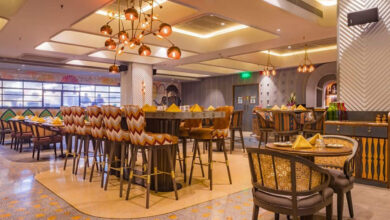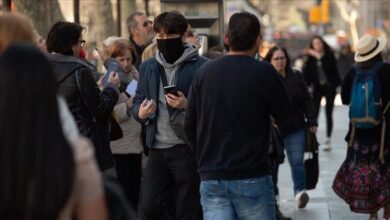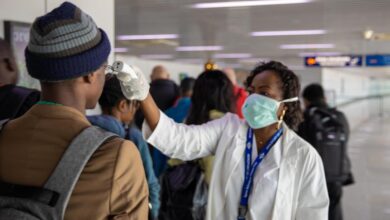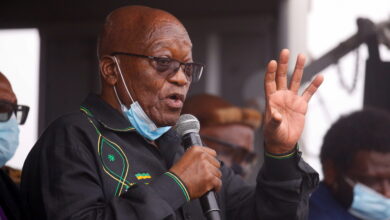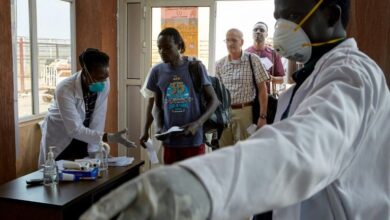South Africa
South Africa Identifies Quarantine Sites As Coronavirus Cases Cross 700 Mark
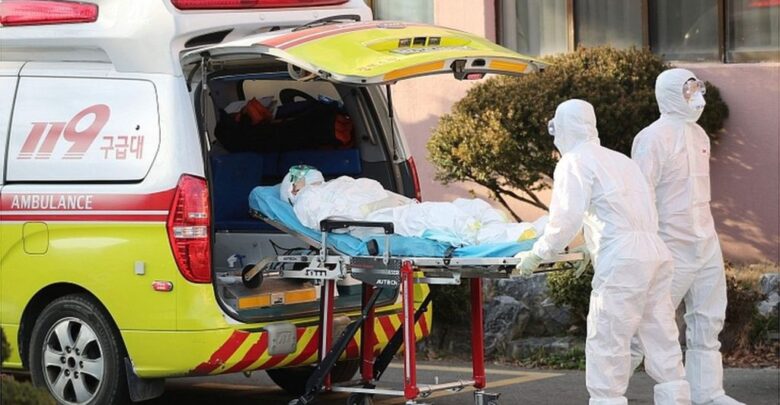
In South Africa, the health authorities identified quarantine sites across the country on Wednesday as coronavirus cases have increased to a whopping 709 from 554, reported Reuters.
South Africa has recorded the most coronavirus cases in sub-Saharan Africa. The number of cases is expected to rise even further despite the government’s strict measures to halt the spread of the virus.
On Monday, President Cyril Ramaphosa announced a 21-day lockdown in the country over coronavirus. In a televised address to the nation, Ramaphosa said the lockdown would begin at midnight on Thursday and called on the country to urgently escalate its response.
In a news conference, Public Works Minister Patricia de Lille said her ministry had identified more than 16,000 beds in potential quarantine facilities, including government buildings, hotels, holiday properties, and hospitals. It currently remains unclear as to who would be placed in the quarantine sites.
In an interview with broadcaster SABC, Health Minister Zweli Mkhize said that it was still “early days” in terms of the number of infections.
“We are expecting that there is still going to be quite an increase in the number of cases, and we are also expecting that a lot of work needs to be done by South Africans to contain this infection,” Mkhize said.
Meanwhile, South Africa’s Police Minister Bheki Cele has announced that dog-walking has been banned during the three-week lockdown that begins Friday to curb the spread of the coronavirus. He also said people can’t go running.
Furthermore, Cele warned South Africans to stay without alcohol for the next 21 days, emphasizing that alcohol sales have been banned.
South Africans can, however, leave the house for essential services and to buy necessities like food and medicine. Health workers, and other emergency and security services people are exempt from the lockdown. All shops and businesses will remain closed for the next 21 days except for pharmacies, laboratories, banks, supermarkets, petrol stations, the Johannesburg Stock Exchange, and healthcare providers.


